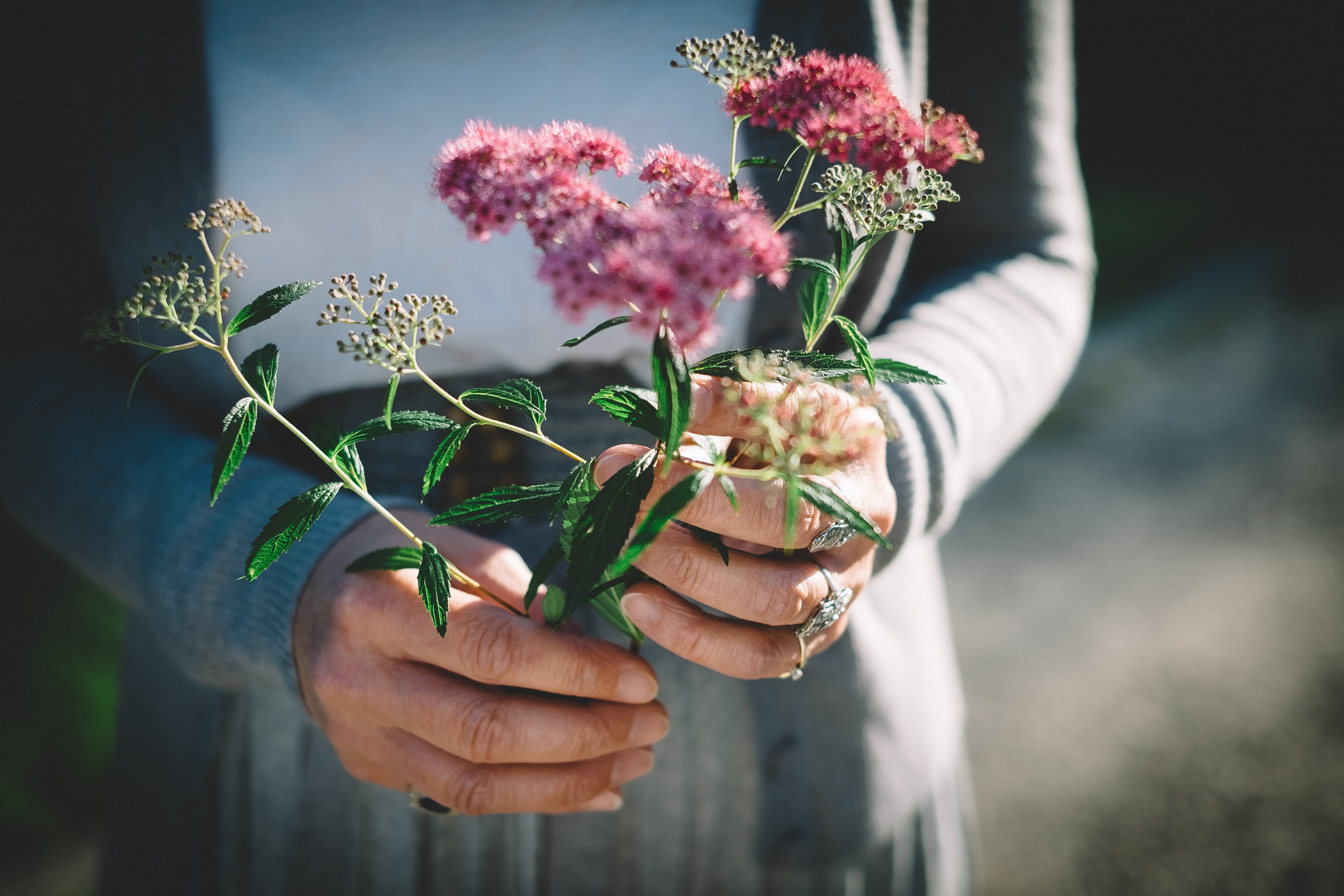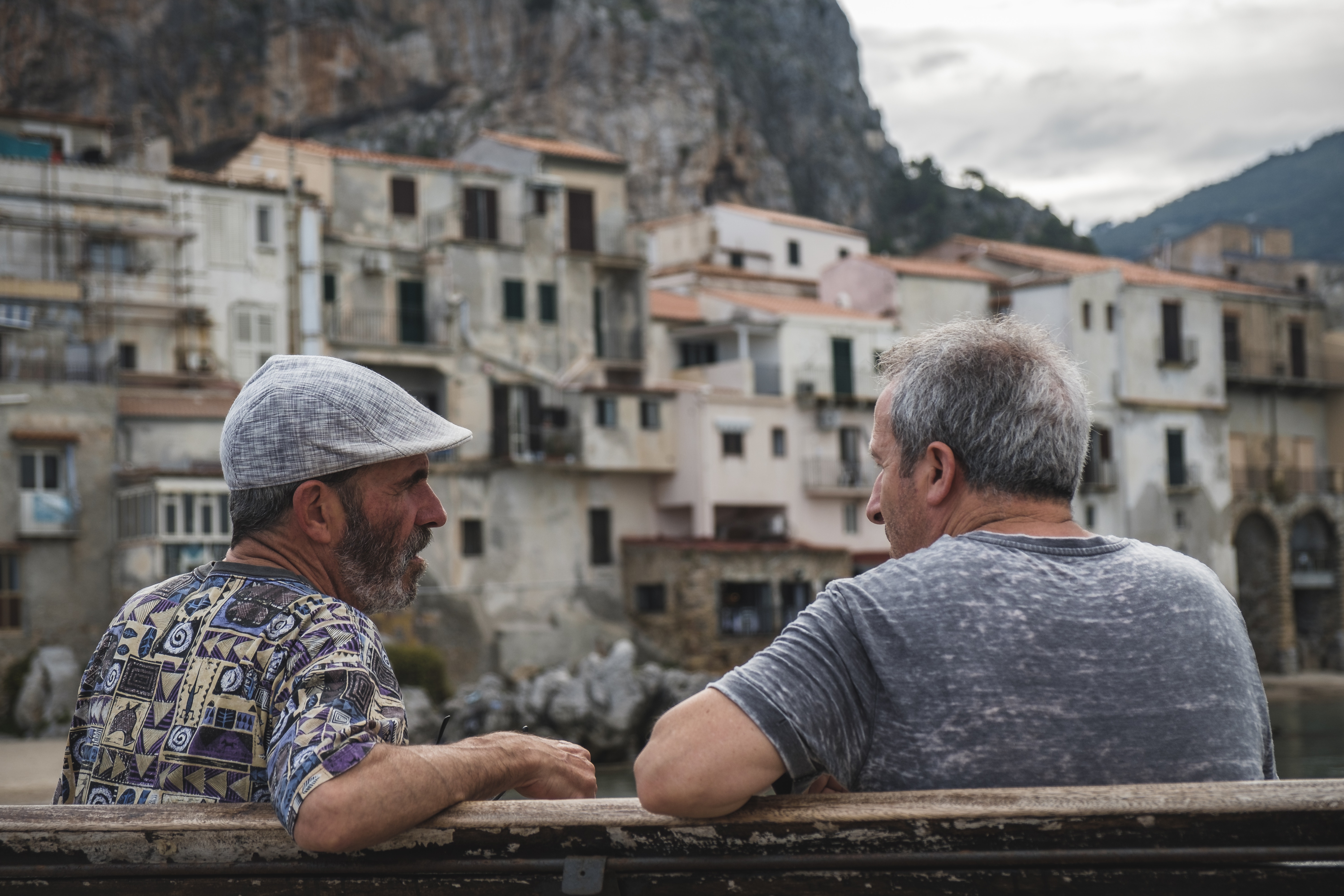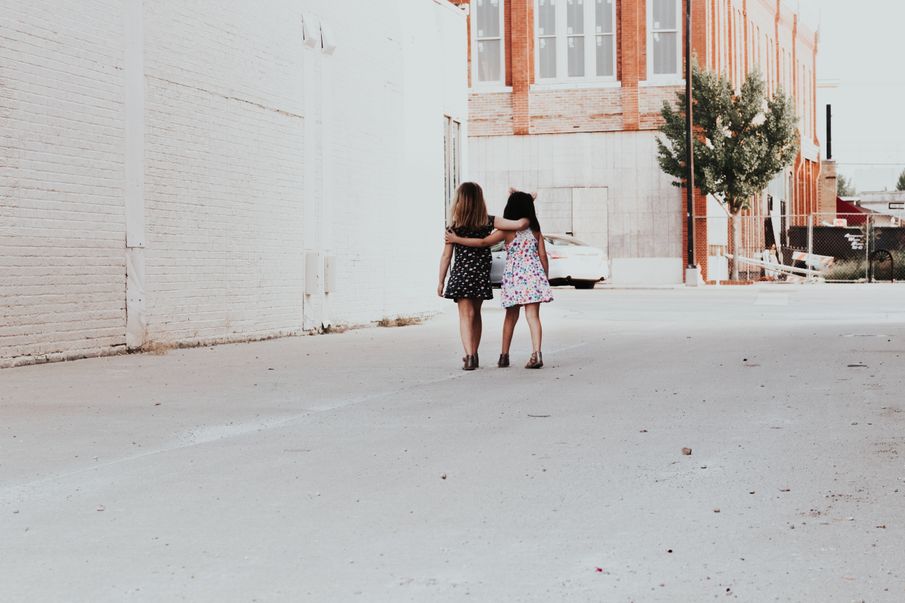An honest talk about losing a loved one to suicide from sisters Chantelle and Chloe
We all welcomed the recent news from the Office for National Statistics (ONS) that male suicide figures are at their lowest in more than 30 years. It’s a fantastic step forward, but with suicide still affecting 5,821 people in the UK in 2017 (and male suicide accounting for three-quarters of that) it’s clear there is still work to be done.
While it's comforting to see the numbers going down, to those affected, the statistics don’t matter. It’s the loss they’ve experienced that’s changed their world. Today we hear from two sisters who lost their father to suicide, how it’s shaped their lives and the importance of being able to talk about it.
Chantelle
Most people have a defining moment in their lives, something that changes their life completely. For the majority of people this tends to be for the better; events such as marriage, having children or getting a big promotion. As for me, mine was when I was six-years-old when I lost my father to suicide. It changed the course of my life without me really realising what was going on at the time.
Growing up I noticed that when I would speak of my loss to family, friends and teachers they would look at me with a look of pity in their eyes. They were worried they would upset me because of the circumstances in which my father died. Suicide. There’s such a stigma around suicide. No one wanted to talk about it or knew what to say.
I didn’t want this tragic event to be my defining moment.
When people thought about me, I didn’t want it to just be the "poor girl who lost her dad to suicide", I wanted it to be "wow look how far she’s come", "wow look what she’s done with her life despite what she’s been through". So that’s what I set out to do. To change my defining moment.
I learnt to ignore the pity in people’s eyes when they asked. I learnt to be more open when talking about my father’s death and realised that I can’t expect people to understand what I’ve gone through without them either going through something similar (even if I explain it to them).
I learnt to remove the stigma from the situation. I spoke more freely and told people about the pain I felt, the tremendous loss that I’ll never be able to replace. I also spoke about what I did remember about my dad, the positive stuff. Like how he loved to eat baked beans with brown sauce, and how he loved to buy watches even though he had so many.
I learnt the more I talked about it, the more people understood.
I worked hard to come to terms with what I had gone through. I worked hard to make sure that my father’s suicide wasn’t going to be my defining moment.
However as milestones passed, getting a driving licence, traveling the world and getting into university, I began to realise that the thing I was the proudest of was how far I had come in processing and accepting my loss.
The proudest thing I achieved was learning how my loss and experiences could help others. To help others in situations that are similar to my own. To tell people they’re not alone. That there are people out there to help.
In this moment I realised my father's suicide is my defining moment and that’s okay. I turned it into a positive.

Chloe
Suicide is considered a taboo issue in today’s society. It’s rarely spoken about and makes people feel uncomfortable when mentioned, even though it affects so many people. Suicide shouldn’t be a ‘taboo issue’. It should be spoken about frequently to help those who are suffering to feel comfortable to ask for help and be greeted with openness and support from everyone.
This is my story about suicide and I hope by sharing it, it will encourage others to ask for help, recover, and realise things will get better.
When I was five my father completed suicide. It was something that was so traumatic for my family, no one knew what to do. It was a time when the whole world stood still. It was extremely difficult for us because we had to learn to live without him for the rest of our lives.
When I was old enough to understand, my mother told my sister and I how my father had died, through suicide. It was awful, in that moment my whole world collapsed and shattered around me. My sister was the only one I felt I could talk to, she had gone through the same loss.
In the years that came after this, I struggled immensely. Everyone pitied me, felt sorry for me, acted like I would break and yet no one wanted to talk to me about it. No one asked me what I needed to help me cope.
All I needed was support and for someone to ask me if I was okay.
I wasn’t okay. That one question could have helped me much earlier on. I myself struggled with suicidal thoughts and depression throughout my adolescent years and into early adulthood.
Although I still struggle, I’m recovering; someone asked if I was okay, someone cared enough to help me and support me through this. I was finally at a point of accepting the help from my friends, my family, charities, and professional help. They realised all I needed was someone to ask if I was okay, the sentence that starts a conversation, the sentence that saved my life.
My father didn’t have the same opportunity I did. If suicide wasn’t viewed as such a taboo subject, then maybe he could have, maybe people wouldn’t have felt awkward or embarrassed.
Suicide affects so many people and I would truly love for some good to come from my struggles, my father's struggles and my family’s struggles. My advice? Ask if the people around you are okay, genuinely okay. Tell someone if you’re worried about them, talk to them, support them, make sure they know they’re not alone in this battle.
Are you okay?
Tell someone, ask for help, reach out. If you are struggling it’s okay to not be okay, it’s okay to ask for help, everyone around you is there for you. You will get through this.

If you’ve been affected by suicide bereavement, know there is support available. If you need someone to talk to now, try the Samaritans on 116 123 (UK) / 116 123 (ROI).
If you’re looking for a support group, Survivors of Bereavement by Suicide provide local groups and if you feel you would benefit from grief counselling, Counselling Directory lists counsellors across the country.


Comments